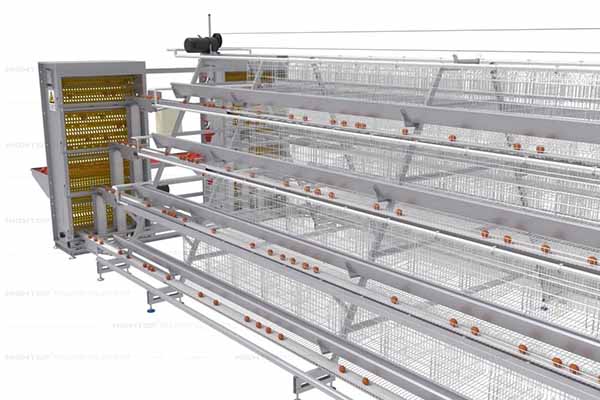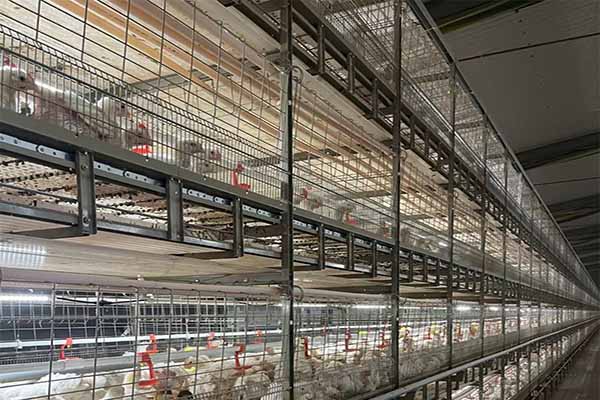Organic Poultry Farming Certification Requirements: A Guide for Beginners
Organic poultry farming has gained significant popularity in recent years, as more consumers seek out products that are free from synthetic chemicals and hormones. To participate in this growing market, it’s crucial for poultry farmers to understand the certification requirements. In this article, we’ll break down the essential criteria needed to obtain organic poultry farming certification.
1. Farm Location and Infrastructure
First and foremost, your farm must be free from any contamination by synthetic chemicals or hormones. This includes being a certain distance away from non-organic farms or feedlots. Additionally, your farm must have proper infrastructure to house and care for the poultry, ensuring their health and well-being.
2. Feed and Feed Ingredients
The feed provided to your poultry must be organic. This means that the crops used to produce the feed must be grown without synthetic fertilizers, pesticides, or genetically modified organisms (GMOs). Furthermore, the feed ingredients must be sourced from organic suppliers to maintain the integrity of the organic certification.
3. Animal Welfare
Animal welfare is a cornerstone of organic poultry farming. Your farm must adhere to strict standards that ensure the poultry are raised in a humane manner. This includes providing adequate space for movement, preventing overcrowding, and avoiding the use of cages or crates. Regular health checks and vaccinations are also required to maintain the poultry’s well-being.
4. Processing and Handling
Once your poultry is ready for processing, it must be handled in a manner that maintains its organic status. This includes using organic processing facilities, avoiding the use of synthetic additives or preservatives, and ensuring that the processed products meet organic certification standards.
5. Documentation and Record Keeping
Organic poultry farming certification requires thorough documentation and record-keeping. You must maintain detailed records of your farm’s operations, including the sourcing of organic feed, animal health records, and any treatments or interventions used on the farm. This documentation is crucial for proving compliance with organic standards during audits.
6. Certification Process
Obtaining organic poultry farming certification involves several steps. First, you must contact an organic certifying body and submit an application. The certifying body will then conduct an on-site inspection to verify compliance with organic standards. If your farm meets the criteria, you will be granted organic certification.
7. Maintaining Certification
Once you have obtained organic certification, it’s essential to maintain compliance with organic standards. Regular audits and inspections will be conducted to ensure continued adherence to organic practices. Failure to meet these standards may result in the suspension or revocation of your certification.
As a professional poultry farming equipment supplier, Livi Machinery understands the importance of meeting organic certification requirements. Our range of equipment is designed to assist you in achieving and maintaining compliance with organic standards, from feed processing to poultry handling and processing.
For more information on our products and services, or to discuss your specific needs, please don’t hesitate to contact us. We look forward to assisting you in your journey towards organic poultry farming success!


